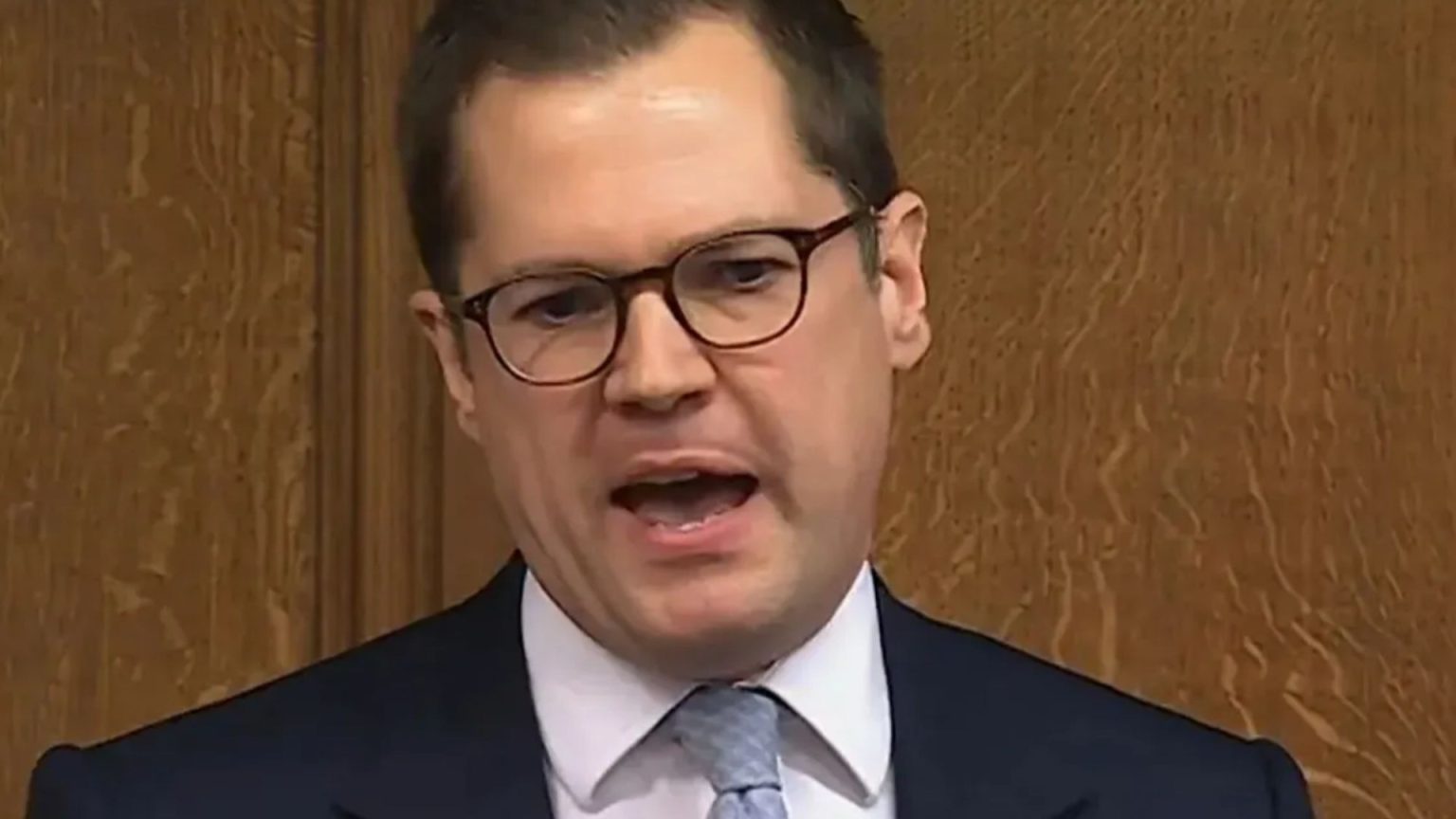Kemi Badenoch, the Conservative Party leader, has staunchly defended her Shadow Justice Secretary, Robert Jenrick, following his controversial remarks about the grooming gangs scandal. Jenrick attributed the crimes to “alien cultures” and “medieval” attitudes towards women in an X post and a subsequent BBC interview, sparking outrage from the Liberal Democrats who demanded his dismissal. Badenoch, however, dismissed these calls, praising Jenrick’s performance in explaining the necessity of a national inquiry into the scandal. She criticized the Lib Dems for focusing on social media posts rather than addressing the critical issue of child sexual exploitation and supporting an inquiry that aims to uncover the truth and deliver justice to victims. This exchange highlights the deep political divide on this sensitive issue, with the Conservatives advocating for a comprehensive investigation and stricter penalties while facing accusations of politicizing the tragedy.
The controversy centers on Jenrick’s assertion that cultural factors play a significant role in the grooming gangs phenomenon. While his critics accuse him of Islamophobia and stigmatizing entire communities, his supporters argue he is simply addressing an uncomfortable truth that has been ignored for too long. The “medieval attitudes” comment, in particular, has drawn significant fire, with opponents claiming it is inflammatory and unhelpful. However, Jenrick and Badenoch maintain that the inquiry is crucial to understanding the root causes of these crimes and preventing future occurrences. They insist that a thorough investigation, free from political correctness, is necessary to expose the failures of institutions and hold perpetrators accountable, regardless of their background.
The debate also encompasses the appropriate response to convicted grooming gang members. Jenrick advocates for full-life sentences, ensuring that those found guilty of these heinous crimes never walk free again. This stance reflects a tough-on-crime approach, which resonates with a segment of the electorate concerned about public safety and the perceived leniency of the justice system. Critics, however, argue that such harsh penalties may be disproportionate and that rehabilitation should remain a possibility, even in the most serious cases. This disagreement underscores the complex balance between retribution and rehabilitation in criminal justice, especially when dealing with crimes that evoke strong emotional responses.
The political dimension of this issue is undeniable. Labour leader Sir Keir Starmer accused the Conservatives of opportunistically “jumping on the bandwagon” by raising the grooming gangs issue, particularly as Jenrick had not previously addressed it in Parliament. This accusation reflects the broader political maneuvering surrounding the scandal, with each party attempting to position itself as the true advocate for victims while accusing the other of exploiting the issue for political gain. The timing of Jenrick’s comments and Badenoch’s staunch defense adds fuel to this political fire, raising questions about the sincerity of their concern and potentially undermining the call for a genuine, unbiased inquiry.
The demand for a national inquiry into the grooming gangs scandal underscores the deep-seated concerns about the systemic failures that allowed these crimes to occur over an extended period. The emphasis on “culture of cover-ups” suggests a belief that authorities, possibly influenced by political correctness or fear of community backlash, failed to adequately investigate and prosecute perpetrators. This perceived inaction has fueled public anger and distrust, leading to calls for a comprehensive and independent inquiry to expose the truth and hold those responsible accountable. The inquiry’s success hinges on its independence and its ability to navigate sensitive cultural and political issues without fear or favor.
Ultimately, the debate surrounding Robert Jenrick’s comments and Kemi Badenoch’s support highlights the complex and sensitive nature of the grooming gangs scandal. It touches upon issues of cultural sensitivity, political opportunism, and the effectiveness of the criminal justice system. While the call for a national inquiry enjoys broad support, the specific focus and scope of the investigation remain contentious. The controversy surrounding Jenrick’s remarks underscores the difficulty of discussing this issue frankly and honestly without resorting to rhetoric that can be perceived as discriminatory or inflammatory. The challenge for all parties involved is to prioritize the needs of victims and ensure that the inquiry provides a genuine opportunity for truth, accountability, and meaningful change.


